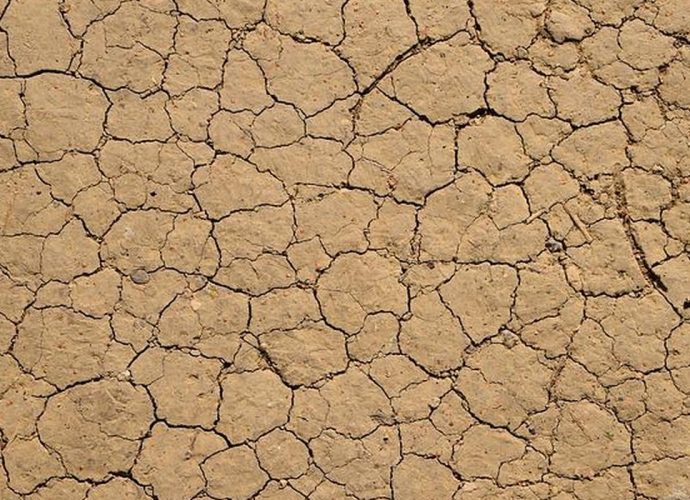Can Yellow Belly Sliders Hibernate?
Yes, yellow bellied sliders can live in cold water but there is a proper temperature range to keep them healthy (75-80°F). They will survive in colder water but it will prompt turtles to hibernate which slows down their metabolism and not allow them to absorb nutrients from food efficiently. DoRead More →






